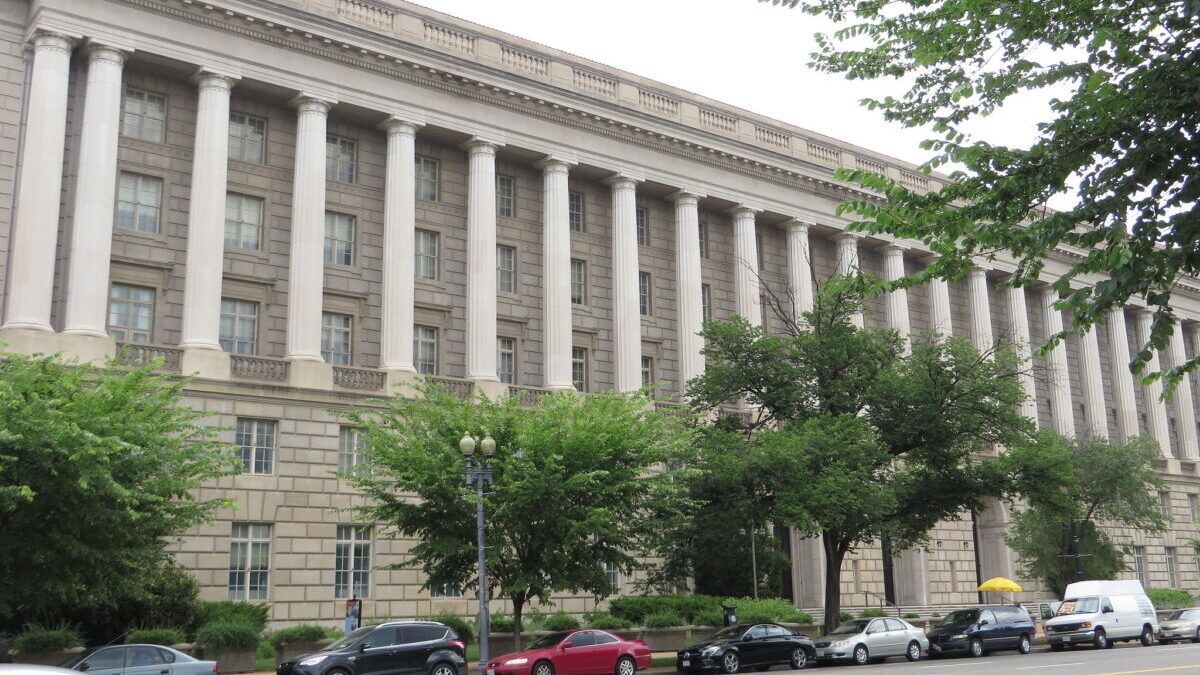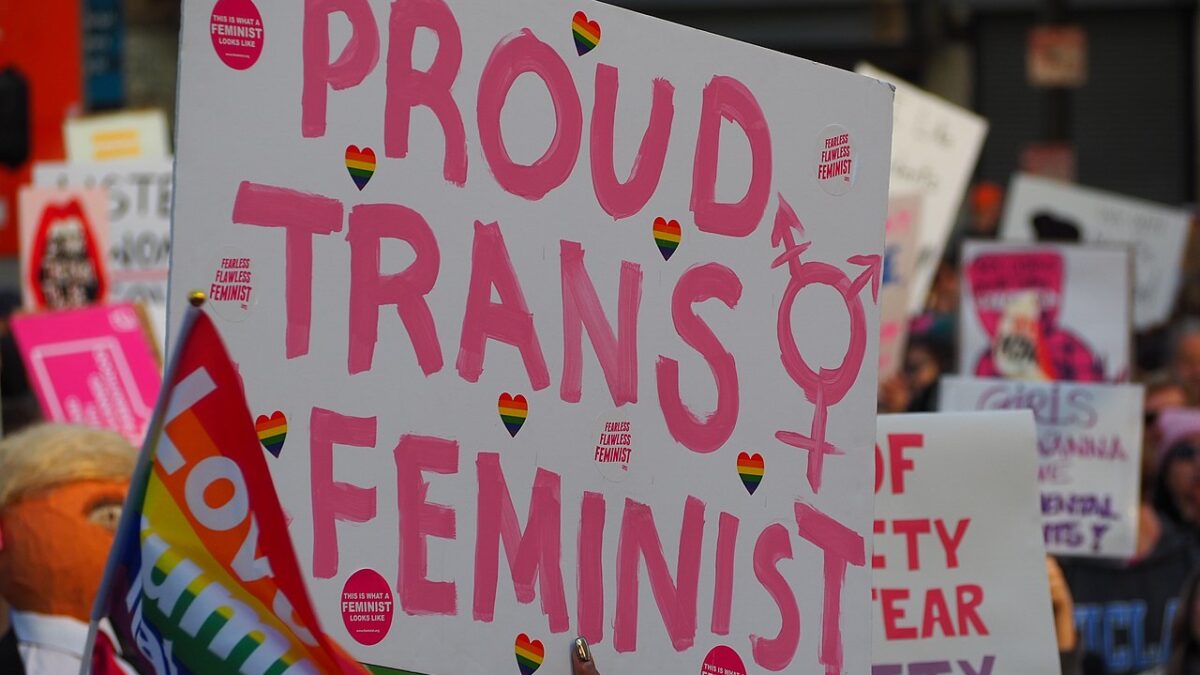The Internal Revenue Service (IRS) is deploying most of its expanded army of federal tax collectors against the middle class, contradicting Democrats’ promises when they hiked its budget by $80 billion over the next 10 years in 2022.
“President Joe Biden will seek $80 billion to fund enhanced Internal Revenue Service enforcement of high-earners,” CNN claimed in 2021. NPR claimed in 2022 that the IRS would spend the money, among other things, on “hiring new enforcement agents” and “auditing the wealthiest Americans.” Last month, Bloomberg kept the narrative up, claiming this year’s even higher IRS spending request from the Biden administration was meant to “build[] up its enforcement efforts on wealthy individuals and companies that aren’t paying what they owe.”
The IRS last year claimed the extra $80 billion would help the IRS “restore fairness in tax compliance by shifting more attention onto high-income earners, partnerships, large corporations and promoters abusing the nation’s tax laws. The effort… will center on adding more attention on wealthy, partnerships and other high earners that have seen sharp drops in audit rates for these taxpayer segments during the past decade. ”
According to a new audit of the agency, as of just less than a year ago, 63 percent of new IRS audit inquiries were to middle-income earners who made less than $200,000.
“Only a small overall share reached the very highest earners, while 80% of audits covered filers earning less than $1 million,” the Wall Street Journal editorial board reported last week. “Don’t forget to save those charitable-giving receipts.”
Congress gave the IRS funding to hire nearly 87,000 new tax collectors in the “Inflation Reduction Act” (IRA) of 2022. The Treasury Inspector General for Tax Administration (Tigta) reported in March the new recruits were “not to be used to increase the share of small businesses or households below the $400,000 threshold” but the tax agency “did not include specifics on how the IRS was going to ensure it met this commitment.”
When trying to sell lawmakers on IRS plans for expansion in 2022, Treasury Secretary Janet Yellen pledged, “contrary to the misinformation from opponents of this legislation,” that “small business or households earning $400,000 per year or less will not see an increase in the chances that they are audited.”
But if audits are going up overall, then everyone’s chances of being audited have increased, with the IRS still targeting middle- and lower-income Americans for the majority of audits. “Empowering the IRS” was the whole point.
A report from Syracuse University published in March 2022 shows the IRS audits the poorest Americans at a rate five times higher than other Americans. And when Republicans proposed an amendment to the IRA in 2022 to “prevent the use of additional Internal Revenue Service Funds from being used for audits of taxpayers with taxable incomes below $400,000,” Democrats rejected it.
“[T]he IRS never claimed it would decrease its middle-class audits, only that audits on higher-earners would become a majority,” notes the Wall Street Journal editorial board. “A fleet of new agents were supposed to turn their sights on rich tax dodgers. But apparently the job is in scarce demand.”
According to the Treasury Inspector General for Tax Administration, job applications to the IRS fell “far below” recruitment goals. The apparent staffing shortage might frustrate Washington tax collectors while easing anxiety among conservative groups routinely targeted by the federal tax agency.
Last spring, Indiana Republican Sen. Mike Braun reintroduced the “Don’t Weaponize the IRS Act” to codify Trump-era rules aimed at preventing the IRS from discriminating against groups that apply for tax-exempt status based on political ideology.
[RELATED: Biden IRS Declares Christian Activism Too Political For Non-Profit Status]








